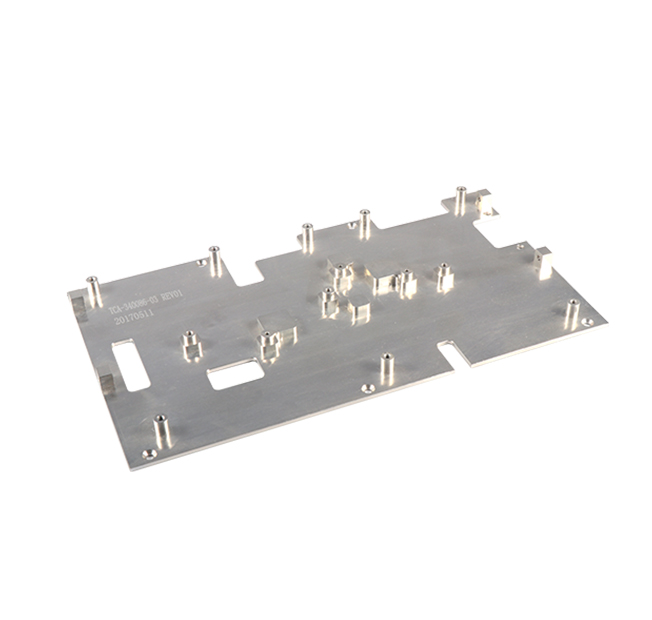Time:2025-10-18 Views:0 source:CNC Machining customization source:CNC Machining news

CNC machining material testing is a fundamental and meticulous process aimed at evaluating the properties, characteristics, and suitability of materials used in CNC machining operations. This testing is crucial as the performance and quality of the final machined parts are highly dependent on the materials employed. By conducting comprehensive material tests, manufacturers can make informed decisions regarding material selection, optimize machining parameters, and ensure the reliability and durability of the end - products.
One of the primary types of tests in CNC machining material testing is mechanical property testing. Tensile tests are commonly performed to determine key mechanical properties such as ultimate tensile strength, yield strength, and elongation. These values provide insights into how the material will withstand forces during machining and in its operational environment. For instance, in aerospace applications where components need to endure high - stress conditions, materials with high tensile strength are preferred. Hardness tests, including Rockwell, Brinell, and Vickers hardness tests, measure the material's resistance to indentation. A material's hardness affects its machinability; harder materials may require more robust cutting tools and specific machining strategies.
Microstructural analysis is another vital aspect of material testing. Through techniques like optical microscopy and scanning electron microscopy (SEM), engineers can examine the internal structure of the material at a microscopic level. This analysis reveals details such as grain size, grain boundaries, and the distribution of phases within the material. A fine - grained structure typically offers better strength and toughness but might pose challenges during machining due to increased tool wear. Understanding the microstructure helps in predicting the material's behavior under different machining conditions and in selecting appropriate cutting tools and speeds.
Thermal property testing is also essential, especially considering the heat generated during CNC machining. Materials with different thermal conductivities, specific heat capacities, and coefficients of thermal expansion respond differently to the heat produced during the machining process. High - thermal - conductivity materials can dissipate heat more effectively, reducing the risk of thermal distortion in the workpiece. Testing these thermal properties allows manufacturers to choose suitable cooling strategies and anticipate potential dimensional changes in the parts during and after machining.
In addition, chemical and corrosion resistance tests are conducted for materials that will be exposed to specific environments or chemicals in their end - use applications. These tests ensure that the material can withstand chemical reactions and resist corrosion over time, maintaining the integrity and functionality of the machined parts. Overall, CNC machining material testing is a comprehensive process that provides critical data for optimizing the machining process and ensuring the quality and performance of the final products.
Read recommendations:
Sealing ring Precision electronic parts
Housing components for recessed downlights Precision electronic parts
Oval Magnetic Hardware Precision electronic parts